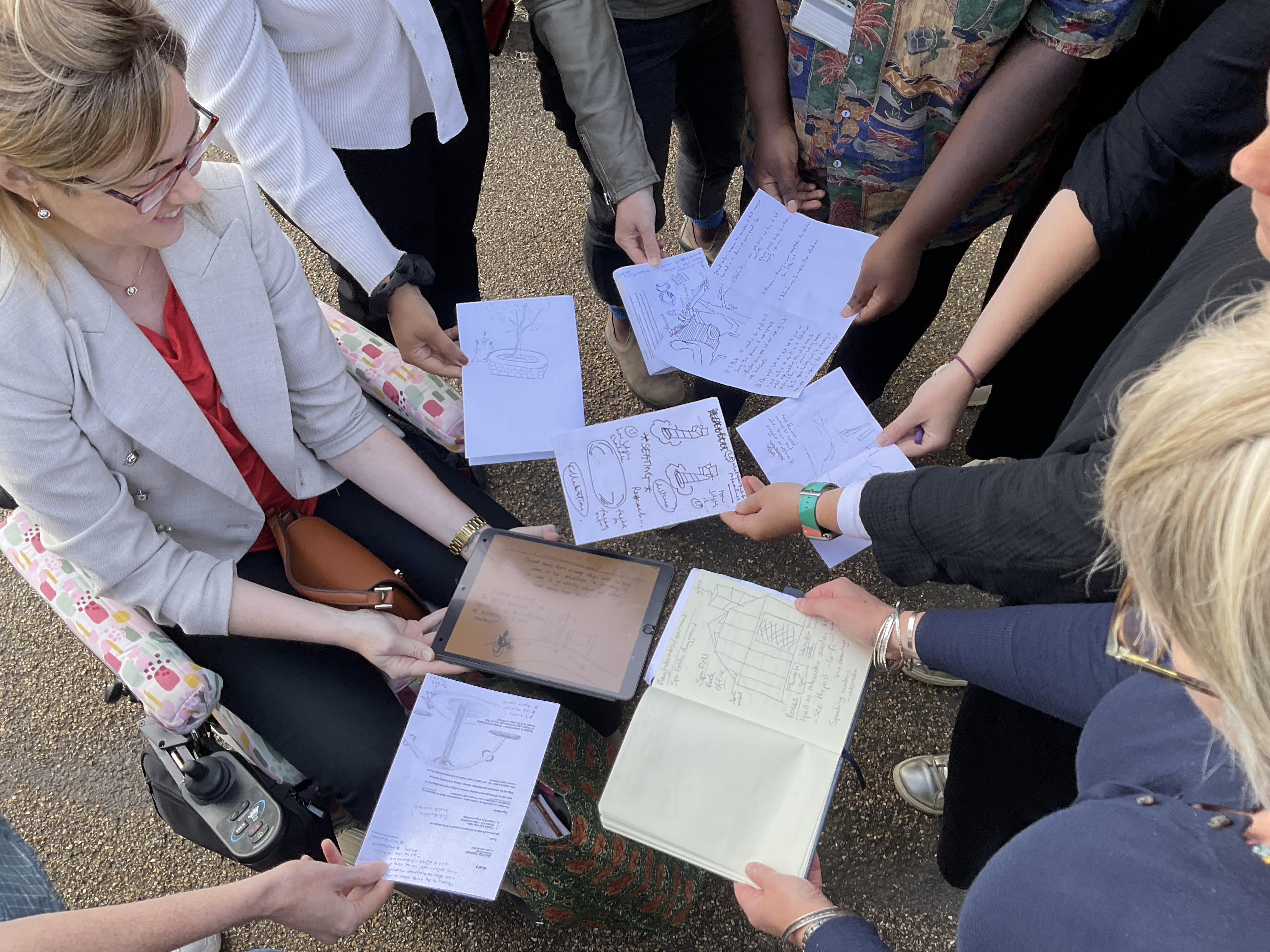By Joanne Conaghan and Yvette Russell.
One of the reasons rape complainants give for not wanting to report sexual offences or support their prosecution, is a fear that their private sexual history will be unfairly ‘used against them’ in the courtroom. Our research shows that, despite a long history of law and policy reform in the area, this fear is often justified.
Despite the Government’s professed commitment in their 2021 End-to-End Rape review to improving justice outcomes for rape victims, rates of prosecution for sexual offences remain worryingly low, particularly when set against a backdrop of rising rates of reporting. A key concern of the Government review was to counter the influence of ‘rape myths’, — generalised, factually incorrect, and prejudicial beliefs about what constitutes rape and how rape victims (ought to) react — on legal proceedings. Since the footballer Ched Evans was acquitted of rape in 2016, after the Court of Appeal allowed the introduction of evidence of the complainant’s sexual behaviour with two other men, the adequacy of the legal framework that governs such evidence has been called into question. The Government asked the Law Commission of England and Wales in 2021 to examine law and policy on evidence in sexual offence prosecutions and consultation on the Commission’s provisional proposals for reform in the area closed last month.
In our book, Sexual History Evidence and the Rape Trial we trace the historical development of the law in the area through to the present and explore the meaning and function of sexual history evidence. We argue that the use of sexual history evidence is part of the patriarchal legacy that continues to infuse rape law, too often subverting rather than advancing the interests of justice. If law and policy reform in this area are to be effective, lawmakers must acquire a thorough understanding of the ways rape myths enter and inhabit the courtroom, including how they influence the very legal mechanisms put in place to interrogate them.
It is critical to recognise that rape myths are not just views consciously held by legal actors and decision-makers. They infiltrate legal deliberations in much more complex and insidious ways, taking shape as culturally prevalent motifs which inform the interpretation and evaluation of sexual behaviour. Critically, these ideas, which include assumptions about the relative roles and responsibilities of men and women in sexual encounters, tend to frame and delimit discussion about sexual behaviour, whether or not discussants (in the case of law, judges, juries and lawyers) consciously subscribe to them. If meaningful change is to be made in relation to evidence in sexual offence prosecutions, legal reform, guidance and practice needs to prioritise scrutiny of the reasoning processes which criminal justice actors apply to sexual behaviour and the cultural scaffolding of norms and assumptions which supports this reasoning.
There are several options for addressing the problems we face with rape myths and their influence on the laws around sexual history evidence and their implementation. These range from an outright ban on any reference to sexual history in the rape trial, to less radical reforms to existing policy and procedure. We find ourselves wary of the impetus to continue ‘tinkering’ with existing laws, given that this approach seems to have failed so comprehensively in the past. We suggest that the problems sexual history evidence present may best be addressed through an approach we call ‘normatively embedded laws as tactics’. This entails sustained efforts to disrupt the normative frames through which sexual history evidence comes to assume its status as legally relevant to the rape trial, often by reference to little more than what judges and lawmakers call ‘common sense’. The goal of such strategic engagement is not just (or even) to bring about formal changes to law and policy but to burrow beneath those formalities to reveal and displace the deeply embedded, historically contingent, patriarchal sexual imaginary which continues to underpin legal processes and operations. Initiating and embedding this interrogative stance is critical while retaining a healthy scepticism of the capacity of law to ‘save us’ or to act as a panacea for the myriad problems sexual violence represents in our society.
The Law Commission’s provisional proposals for reform of the law, practice and policy around sexual history evidence offer several promising avenues that may have the capacity to challenge the normative scheme that currently governs sexual history evidence. These include:
- Specifying a higher threshold of relevance for admitting sexual behaviour evidence into rape trials.
- Requiring judges to provide written reasons for their decisions on an application to admit sexual behaviour evidence. This would ensure transparency, enable scrutiny and encourage more care around relevance reasoning.
- Developing a framework of tangible and defensible rights (including independent legal representation) for rape complainants that affirm their interests as key stakeholders in the criminal justice process.
Despite the promise of these provisional reforms, what remains clear from our research is that reform to the law is but one task of many if we are to see real change in the incidence of and societal responses to sexual violence. Law reform has to be holistic and requires meaningful commitment from government agencies to monitoring and funding. We must also prioritise the need to pair law reform with purposeful societal change so that victims can feel confident to report in the knowledge that their complaint will be taken seriously, and they will be treated with respect and dignity.
Joanne Conaghan is Professor of Law and Yvette Russell is Associate Professor in Law and Feminist Theory at the University of Bristol Law School.
You can purchase the book from Bristol University Press here. Use code ‘BUP23’ at checkout for a 50% discount on the purchase price (valid until 1 December 2023). Join the authors in Bristol and online for a book launch on 30 November, 16.30 GMT, where they will be in conversation with Dame Vera Baird KC, Professor Nicola Lacey, and Dr Dominic Willmott.






Leave A Comment